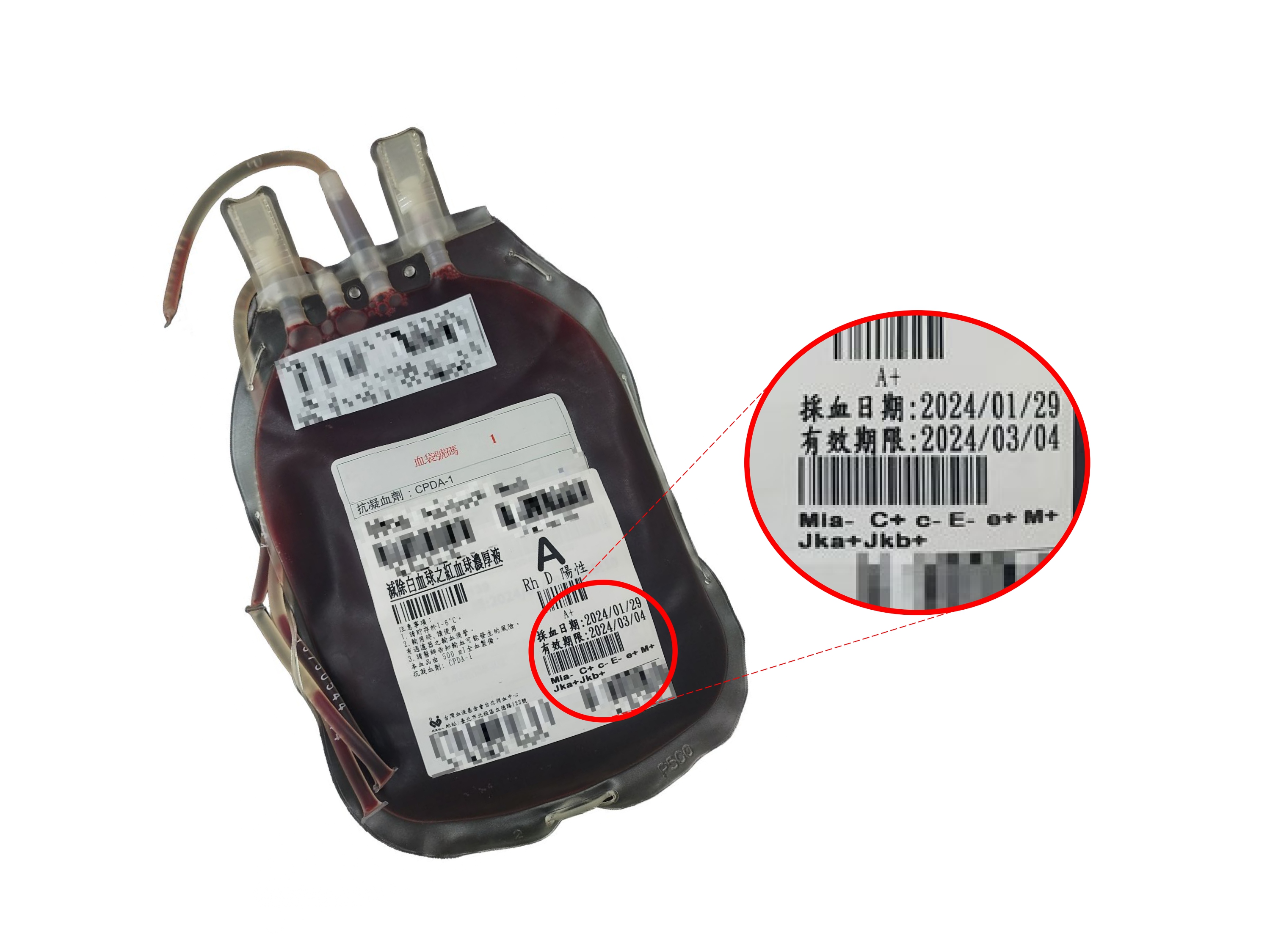Blood Product Safety | Governance and Integrity | Taiwan Blood Services Foundation ESG
Blood product safety
Quality Blood Donation Quality Management System
TBSF is committed to blood safety and quality assurance with mature technology introduced, including: establishing a quality control system, integrating laboratory testing and introducing automation, setting up a blood consulting laboratory, and promoting the full implementation of the Nucleic Acid Transfusion (NAT) test, building a rare blood group database, and facilitating the comprehensive implementation of the Mia antigen testing.
For the blood donation and supply business, the quality control system of TBSF for the Advancement of Blood & Biotherapies (AABB) is used as the basic framework for the entire process of quality control. The diagram below shows the scope of our quality system. With strict regulations the same as international standards adopted, we ensure the quality of blood and the safety of blood use.
Enhancing precision blood transfusion service and ensuring blood transfusion safety
To enhance patient transfusion safety and reduce transfusion reactions, starting from 2022, we have been fully supplying pre-storage leukocyte-reduced red blood cell products. Simultaneously, to improve precision transfusion services, we have strengthened the detection and labeling of blood cell antigens such as C, c, E, e, Jka, Jkb, Mia, and M for these blood products, thereby reducing the burden on hospitals and lowering transfusion reactions.
To ensure the safety of blood transfusion, blood for medical use is fully tested for HIV, HCV and HBV viruses by Nucleic Acid Test (NAT). Automated testing equipment is fully used to conduct blood group antigen testing, antibody screening and identification, biochemical testing, screening and confirmation of blood-borne infectious diseases, and platelet bacterial contamination testing to provide the most stringent control for blood safety. At the same time, our laboratory continues to participate in domestic and foreign testing capabilities, including: the College of American Pathologists (CAP), the National Serology Reference Laboratory (NRL), the American Society for Histocompatibility and Immunogenetics (ASHI), the Taiwan Society for Medical Testing, and other institutions. The proficiency test conducted and the correctness of the test results have been affirmed and recognized by domestic and foreign proficiency testing institutions.

Strong research team and outstanding research results
TBSF has in recent years integrated blood data from all blood centers, analyzed the status of various virus infections, and processed the data into an integrated analytical database for further business and research purposes; These important studies have been published in domestic and foreign journals, and we have actively participated in international conferences to demonstrate Taiwan's blood technology capabilities, putting Taiwan on the map.
TBSF also proactively promotes R&D of blood science and technology. On October 5, 2015, the "Research Promotion Group" was set up to be responsible for the formulation, promotion, guidance and implementation of TBSF's research and development. The research mainly focuses on the balance of blood donation and supply, the safety of blood recipients, and the health of blood donors.
Balance of blood donation and supply
Research related to the balance of blood donation is critical to our blood-raising strategy. Due to the low birth rate and the aging population, the source of blood is decreasing, but the demand is increasing. Therefore, the strategy needs to be adjusted in advance to balance the future demand.
Safety of blood recipients
The safety of blood recipients is the cornerstone of clinical blood transfusion, and the related research focuses on blood transfusion infections, adverse transfusion reactions, and the efficacy of transfusion therapy.
Health of blood donors
The health of blood donors is our top concern. In case of discomfort during the blood donation process, such as vagal nerve reaction, may lead to injury to the donor. We have therefore conducted an observational study on the discomfort of blood donation to try to understand the possible risk factors. Owing to this, we have published the "Precautions Before and After Blood Donation" for blood donors to follow prior to donating blood.




